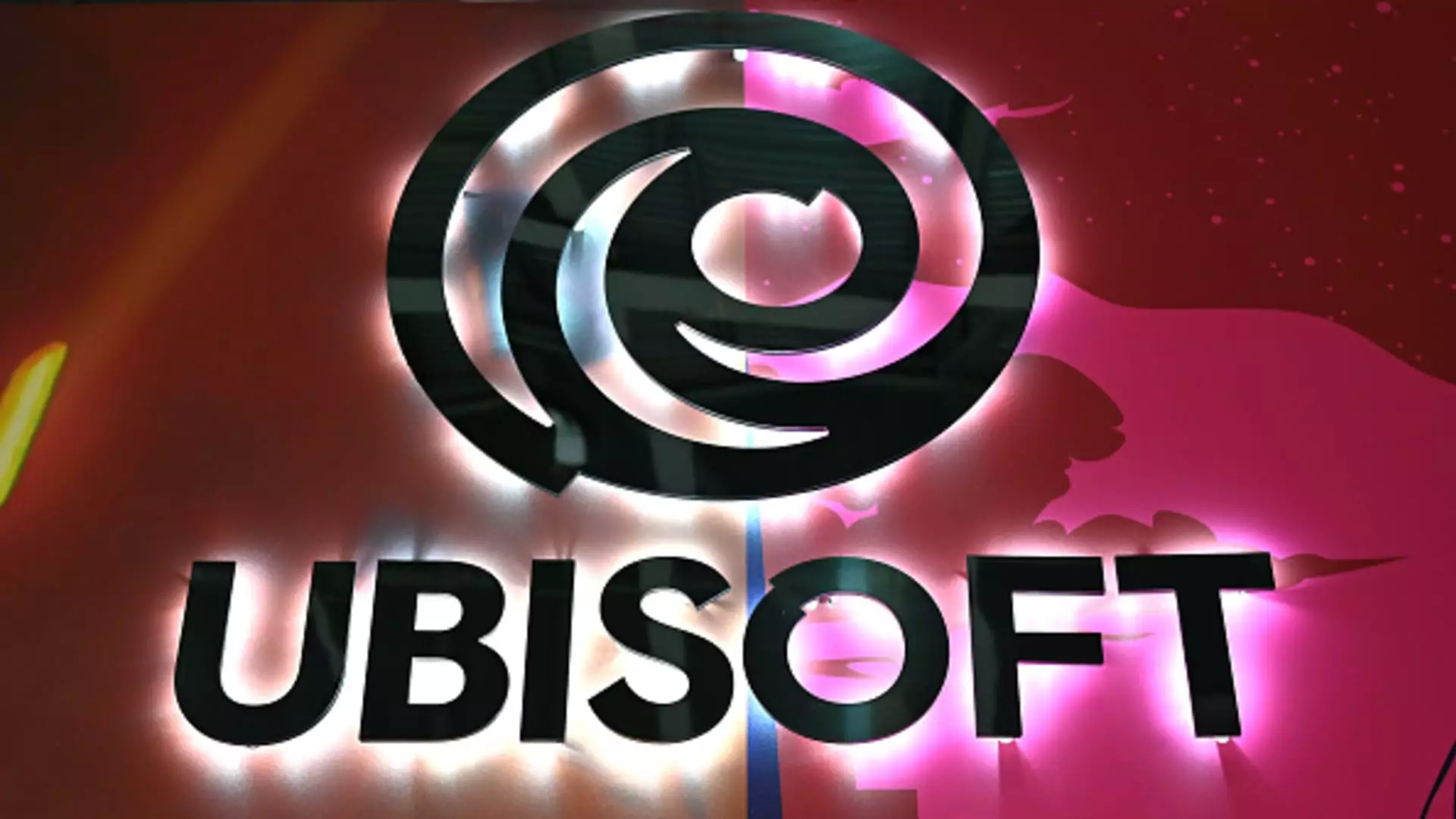Ubisoft’s recent stock performance has become the subject of intense speculation following reports that Tencent and the Guillemot family are weighing a buyout of the beleaguered gaming company. This development, which has seen shares of Ubisoft rise by more than 30%, speaks volumes about the turbulent landscape of the gaming industry and the pressures facing established publishers. A deeper analysis of Ubisoft’s position reveals not only the challenges it faces but also the motivations behind a possible acquisition.
Market Dynamics and Financial Uncertainty
The surge in Ubisoft’s stock, spiking by 33.5% after the media report, is emblematic of a potential shift in strategy, borne from the company’s significant decline in market value—over 50% this year. This drop has triggered a sense of urgency among stakeholders, particularly minority shareholders like Tencent, who owns approximately 10% of the company. The financial strains on Ubisoft have been compounded by a lack of successful new titles and an increasingly critical investor base, which has prompted discussions about alternatives, including taking the company private.
Investor disenchantment has become evident with the actions of AJ Investments, an activist investor that has managed to gather support from 10% of the company’s shareholders to initiate changes at Ubisoft. Their appeals highlight the management challenges that have plagued Ubisoft, indicating a growing discontent regarding the company’s direction and strategic decisions.
Adding fuel to the fire is the recent announcement that Ubisoft is postponing the release of the much-anticipated title “Assassin’s Creed Shadows” by three months. Such delays are damaging in an industry where gamers’ attention spans are fleeting and competition is fierce. Furthermore, the lackluster performance of “Star Wars Outlaws,” which was released in August, has prompted management to revise their financial outlook downwards. This erosion of confidence among investors is palpable; Ubisoft is now confronted with an uphill battle against not just financial metrics but also the broader narrative of failing to meet consumer expectations.
The impact of these delays cannot be overstated: they represent a significant part of the franchise-driven business model that Ubisoft has stressed for years. Gamers are increasingly moving towards established titles and abandoning newer offerings, leading to misaligned investment into projects that fail to deliver satisfactory returns. This challenge is exacerbated by a broader industry slowdown; the global gaming market is projected to grow only marginally in the coming year, a stark contrast to the explosive growth experienced during the pandemic.
Tencent’s role in this potential buyout cannot be understated. As one of the largest technology firms in China, its extensive gaming portfolio and financial muscle present an enticing opportunity for Ubisoft. A partnership with the Guillemot family could stabilize Ubisoft’s future and may even allow the company to pivot its strategy, focusing on sustainable growth while eliminating some of the pressures associated with being a publicly traded entity.
If the buyout is successful, it could usher in a period of transformative change for Ubisoft, possibly leading to a strategic refocus and an influx of capital meant to rejuvenate its game development pipeline. Such an outcome may mitigate concerns voiced by analysts emphasizing the importance of innovation and timely releases to regain a competitive edge in an ever-evolving market landscape.
Ubisoft’s situation is an intricate web of financial distress, management critique, and an uncertain gaming market plagued by shifting consumer behavior. The consideration of a buyout by Tencent and the Guillemot family underscores the gravity of the company’s present circumstances. As stakeholders await developments, one thing becomes clear: Ubisoft stands at a critical juncture, and the choices it makes in the immediate future will heavily influence its trajectory in a rapidly changing gaming industry. The stakes have never been higher, and the consequences of either action or inaction could significantly shape the future of one of the most iconic names in gaming.

